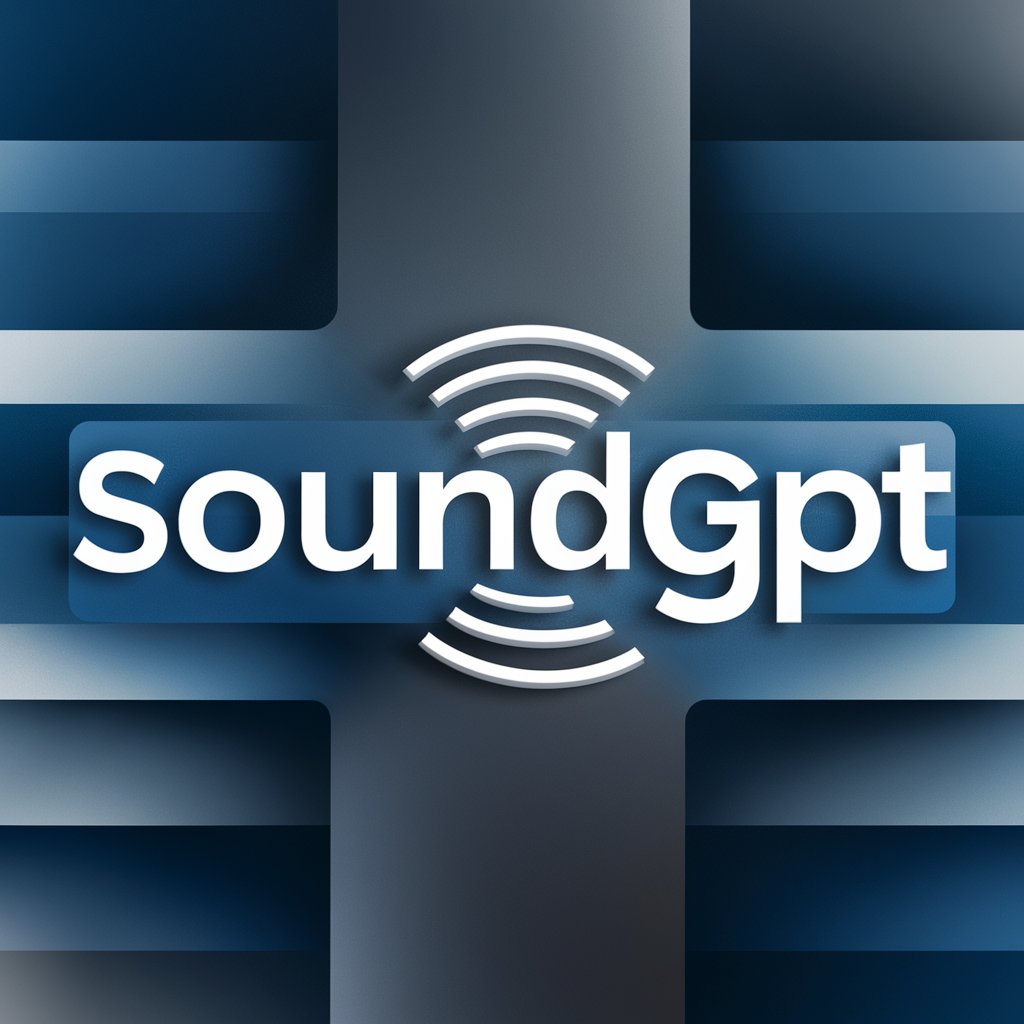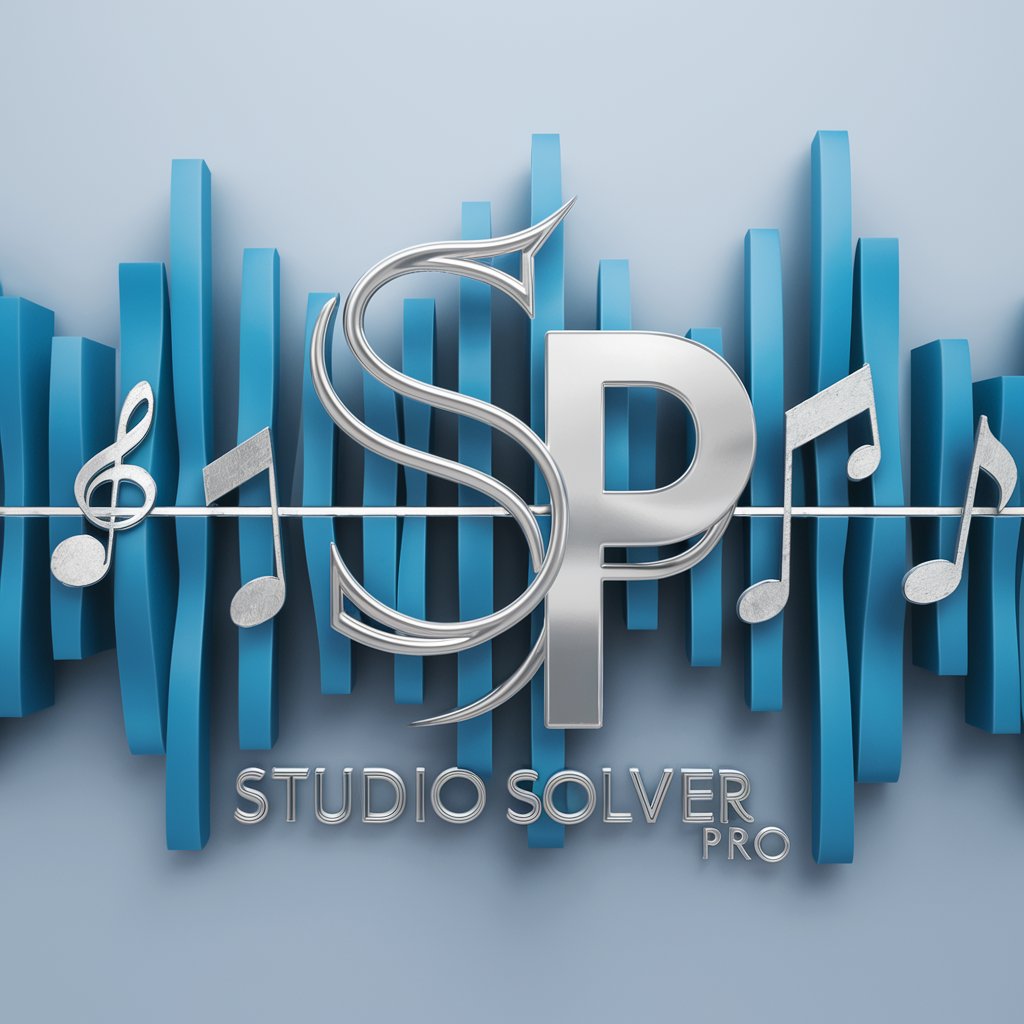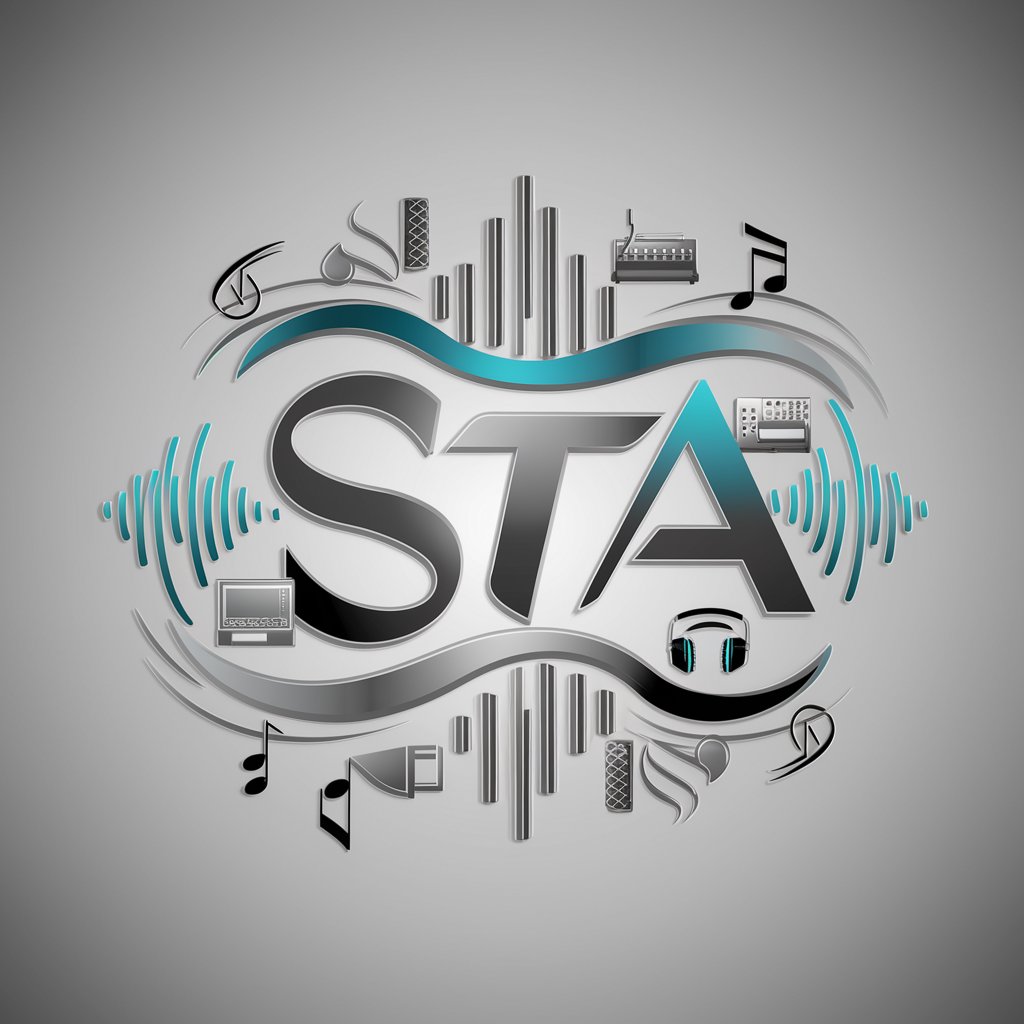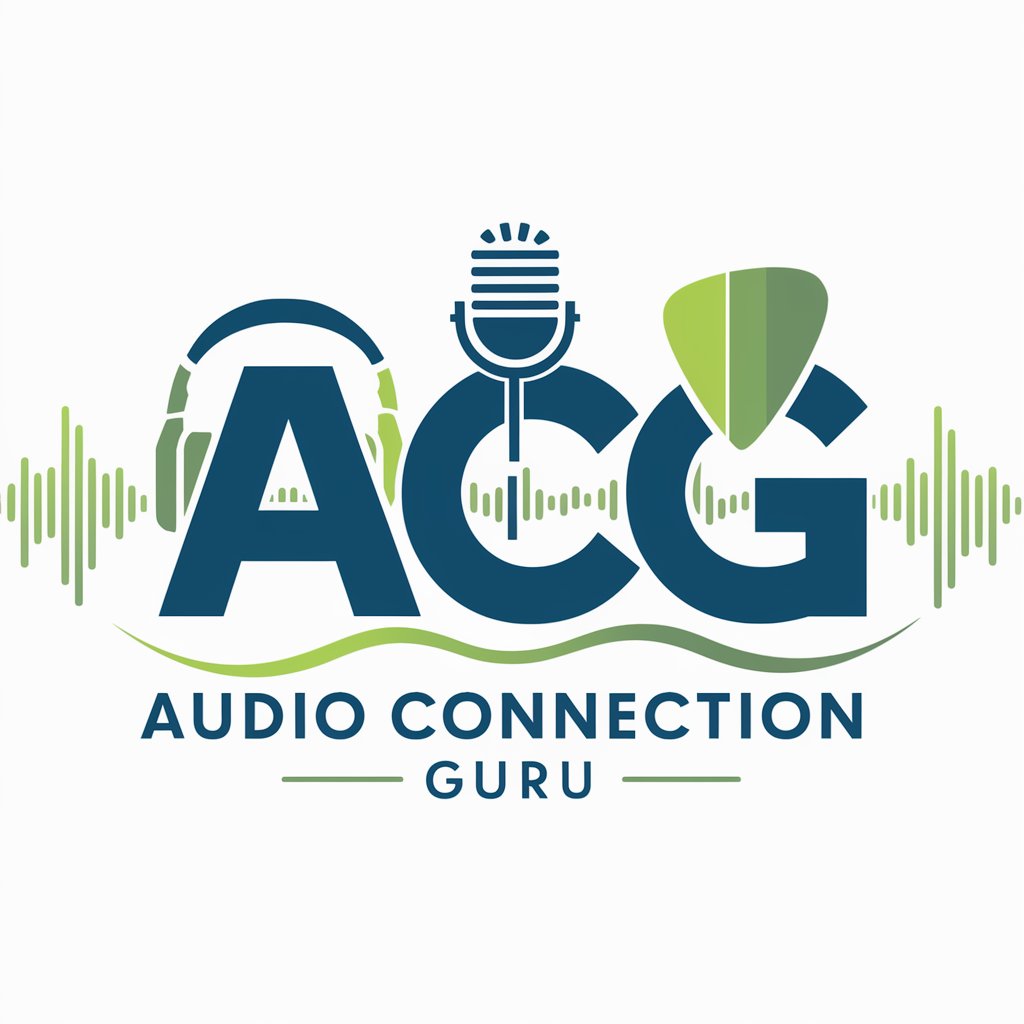7 GPTs for Audio Troubleshooting Powered by AI for Free of 2025
AI GPTs for Audio Troubleshooting are advanced artificial intelligence tools based on Generative Pre-trained Transformers technology, designed specifically for identifying and solving issues within the audio domain. These tools leverage natural language processing and understanding to provide tailored solutions for a variety of audio-related problems, from simple hardware malfunctions to complex software configuration issues. Their relevance lies in their ability to digest vast amounts of data, learn from it, and generate human-like responses, making them indispensable in diagnosing and fixing audio problems.
Top 7 GPTs for Audio Troubleshooting are: "Melody Tech Advisor",音响超人,LinuxAudioWizard,SoundGPT,STUDIO SOLVER,Sound Engineering Technicians Assistant,Audio Connection Guru
"Melody Tech Advisor"
Elevate Your Music with AI-Powered Tech Advice

音响超人
Elevate Your Sound Experience with AI

LinuxAudioWizard
Optimize your Linux audio setup with AI.

SoundGPT
Elevate Your Sound Experience with AI

STUDIO SOLVER
Revolutionizing Audio Tech Support with AI

Sound Engineering Technicians Assistant
Amplify Your Sound with AI

Audio Connection Guru
Empowering your audio creation journey with AI.

Key Attributes of Audio Troubleshooting AI
AI GPTs tools for Audio Troubleshooting distinguish themselves through their adaptability across a spectrum of audio issues, from diagnosing hardware defects to software compatibility problems. Core features include natural language understanding for interpreting user queries, dynamic learning from new information, and the ability to guide users through troubleshooting steps. Special features may also encompass web searching for the latest fixes, integration with diagnostic software for real-time analysis, and customization options for developers to tailor the tool's response to specific needs.
Who Benefits from Audio Troubleshooting AI?
These tools cater to a wide audience, ranging from audio troubleshooting novices seeking straightforward solutions, to developers and audio professionals looking for deep customization options. They are particularly beneficial to those without coding skills due to their user-friendly interfaces, while offering extensive programmability for those with technical expertise. This broad accessibility ensures that anyone facing audio issues, whether on a personal device or in a professional setting, can find valuable assistance.
Try Our other AI GPTs tools for Free
Software Selection
Discover how AI GPTs transform Software Selection with advanced AI technology, offering personalized recommendations, user-friendly interfaces, and seamless integration capabilities.
Creative Strategies
Discover how AI GPTs for Creative Strategies can transform your creative and strategic processes with advanced, adaptable, and user-friendly tools designed for a wide range of applications.
Course Selection
Discover how AI GPTs for Course Selection revolutionize educational planning with personalized course recommendations, simplifying the journey towards academic and career success.
Faculty Research
Discover how AI GPTs for Faculty Research can transform academic inquiry with tailored, intelligent support for data analysis, article drafting, and more.
Future Technologies
Explore the transformative potential of AI GPTs in Future Technologies, designed to innovate and enhance tasks within emerging tech domains with unparalleled adaptability and creativity.
Ethical Discussions
Discover how AI GPTs for Ethical Discussions are shaping the future of ethical debates, offering nuanced, informed dialogues tailored to a wide array of ethical considerations.
Expanding Possibilities with AI in Audio Diagnostics
The integration of AI GPTs into the audio troubleshooting domain not only simplifies the process of diagnosing and resolving issues but also enhances the efficiency and accuracy of solutions. With user-friendly interfaces and the ability to learn from interactions, these tools are revolutionizing how audio problems are addressed across various sectors, offering customized solutions that adapt to the evolving landscape of audio technology.
Frequently Asked Questions
What exactly is AI GPT for Audio Troubleshooting?
It's an AI tool that uses advanced machine learning to help diagnose and solve audio problems through natural language processing.
How does this AI technology understand my audio issues?
By leveraging natural language processing, the tool can understand descriptions of problems in human language, analyze them, and provide solutions.
Can AI GPTs for Audio Troubleshooting fix hardware issues?
While they cannot physically repair hardware, they can diagnose issues and guide users through troubleshooting steps or suggest professional repair services.
Are these tools accessible to people without technical backgrounds?
Yes, they are designed with user-friendly interfaces that require no prior technical knowledge to use effectively.
Can developers customize these AI tools for specific applications?
Absolutely. Developers can access APIs and programming interfaces to tailor the tools to specific needs or integrate them into existing systems.
Do these tools require internet access to function?
While some features might work offline, internet access is required for the most up-to-date information and capabilities.
Can AI GPTs for Audio Troubleshooting learn from new information?
Yes, they are designed to continuously learn from new data, improving their responses and solutions over time.
How can I integrate these AI tools into my existing workflow?
Integration can be achieved through APIs or by using software development kits (SDKs) provided by the AI tool developers, allowing seamless incorporation into existing systems.